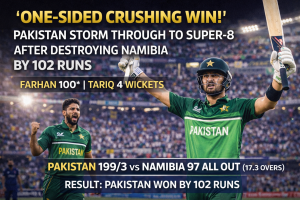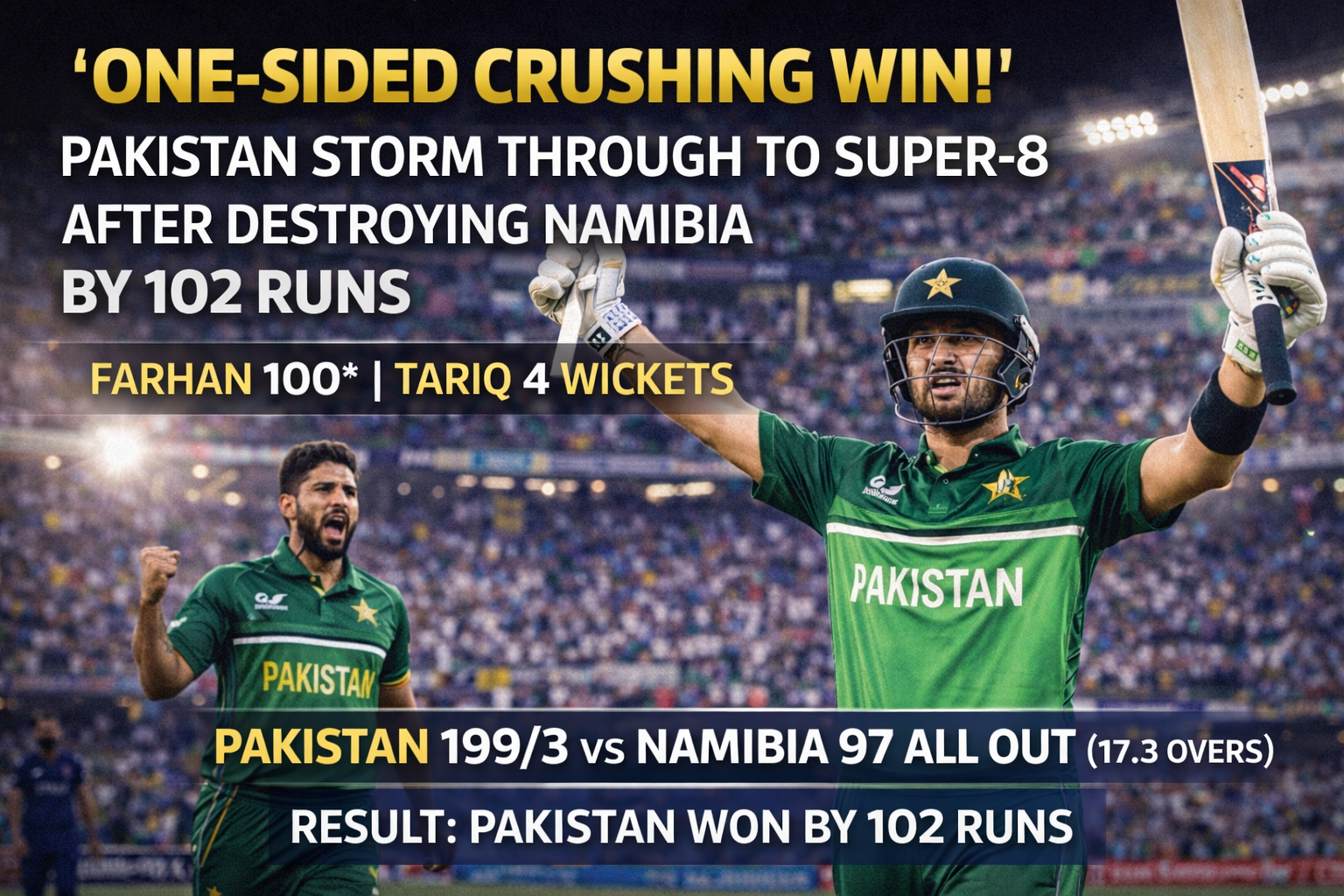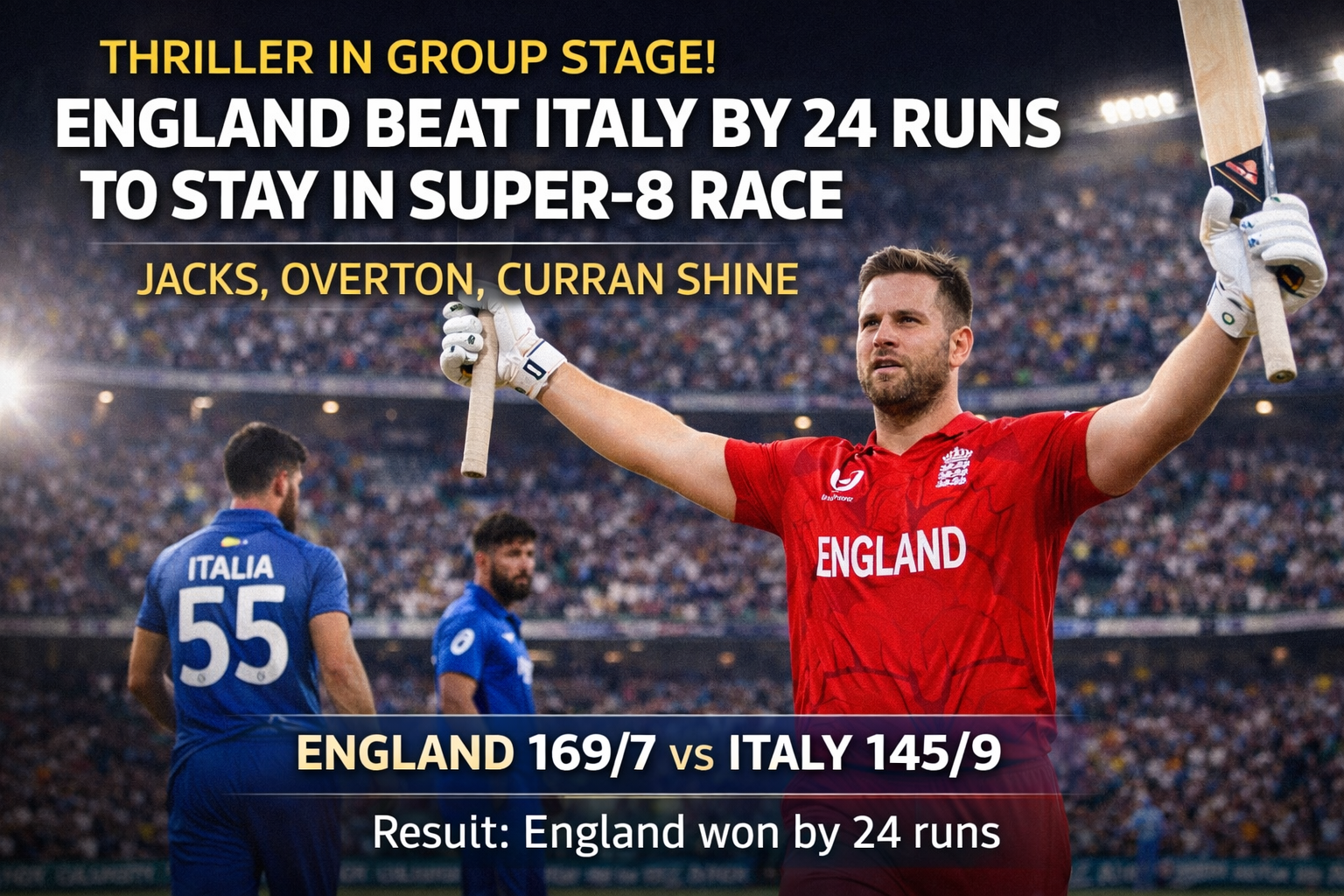India’s long drought in ICC tournaments finally wound to a close on a glorious Saturday at Bridgetown in Barbados. The Men in Blue finally won a title, the ICC T20 World Cup, since the 2013 Champions Trophy at Birmingham in England. ‘Kapil’s Devils’ in the 1983 ODI World Cup and M.S. Dhoni’s men in the 2007 ICC World T20, were outsiders, who stunned the globe. Subsequently, every Indian squad has stepped into a multi-team cricket event as one of the favourites with the weight of expectations thrust upon by a gargantuan fandom and an Indian diaspora seeking a sense of identity. Last November in the 2023 ODI World Cup, India was the team in form but failed to get past Australia in the summit clash at Ahmedabad. If catharsis was essential, it finally happened in the West Indian islands as Rohit Sharma’s men snatched a seven-run win over a doughty South African unit. Every cog fell in place, Virat Kohli regained his touch with an excellent 76 even as wickets fell around him in the final. All-rounders Axar Patel and Hardik Pandya reiterated their value, and Suryakumar Yadav pouched a stupendous catch when South Africa was seemingly in sight of victory. Rohit led astutely while bowling spearhead Jasprit Bumrah delivered thunderbolts that left the South Africans dumbstruck.
Aiden Markram’s men just ran into a stronger opposition at the last hurdle and their capitulation was an acknowledgment of the superior attributes that Bumrah and company possessed. Young seamer Arshdeep Singh too revealed a mature head as Heinrich Klaasen and David Miller threatened to seize the game. South Africa is yet to win any significant ICC silverware but surely the men from the Rainbow Nation won hearts. They made it tough for India and if a few moments on the razor’s edge had changed, Markram may well have lifted the cup. For India, Rohit, Kohli and Ravindra Jadeja’s retirements from T20Is signal the end of an era. Coach Rahul Dravid, who bowed out, will be missed too. Close on the heels of the run-fests during the Indian Premier League on flat surfaces, the T20 World Cup hosted in the West Indies and the United States offered a twist. The 22-yards, drop-in pitches or abrasive surfaces, were never conducive for the massive sixes associated with T20Is even if batters like Rohit, as he did against Australia, seemed to perform on a different plane. The championship’s fairytale was the manner in which Afghanistan fought towards the semifinal. Men, who learnt cricket in the refugee camps in Pakistan, while also dealing with the Taliban, were resilient and sport was the winner.









